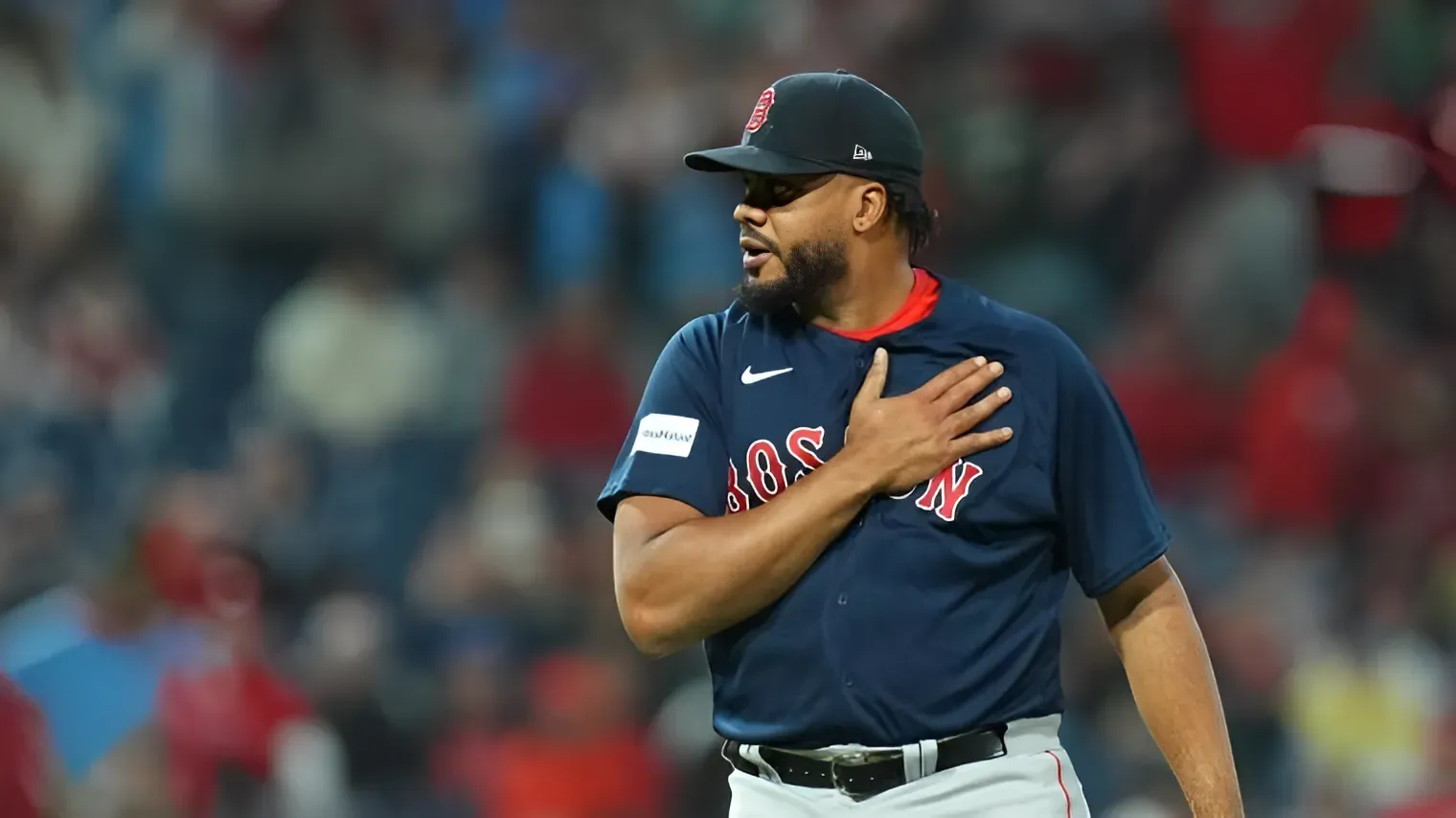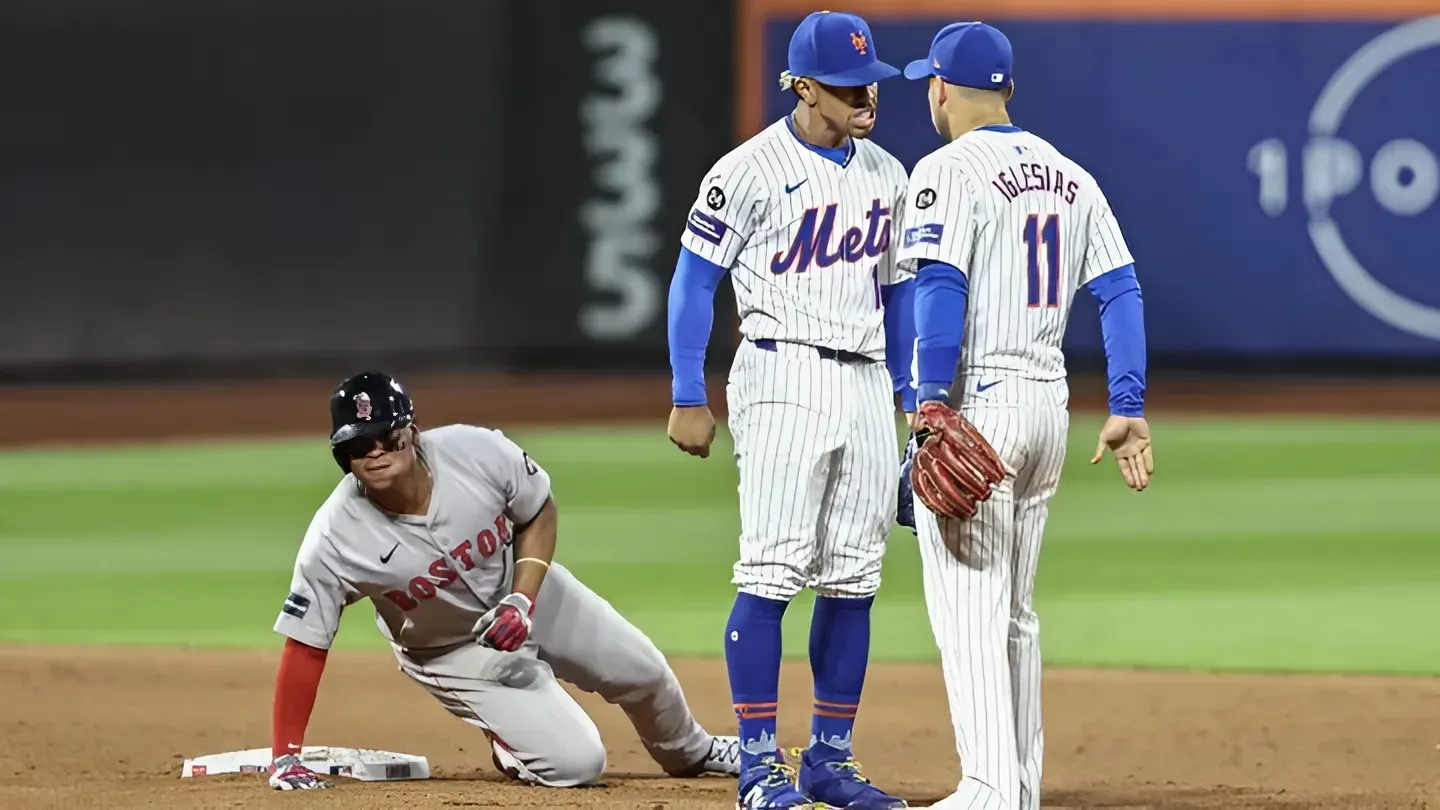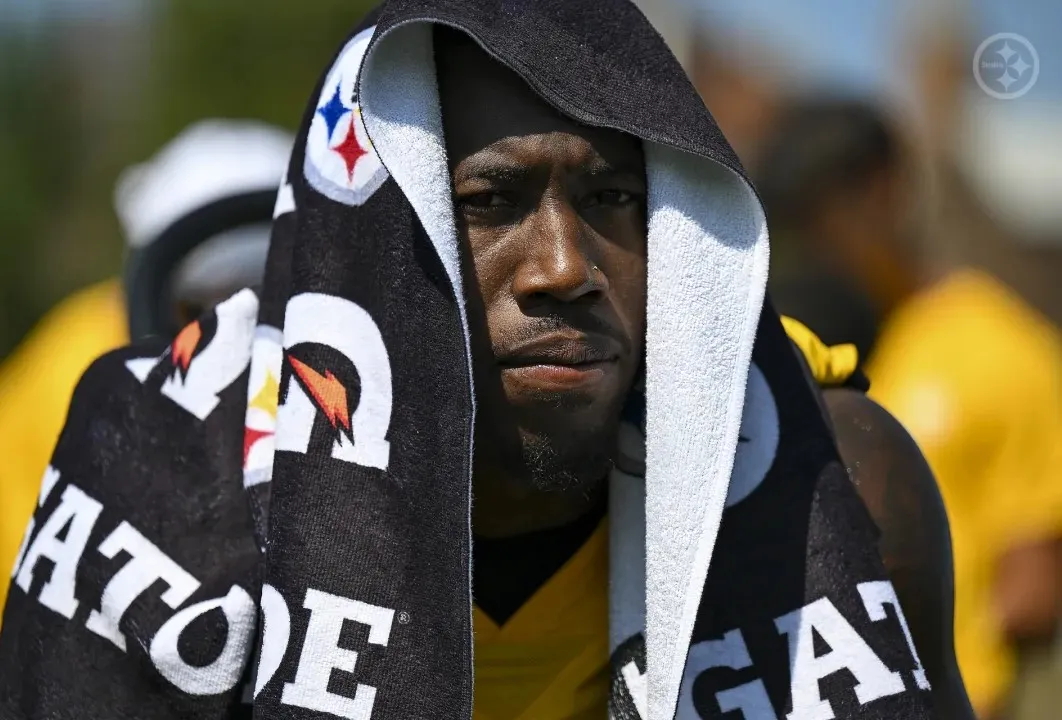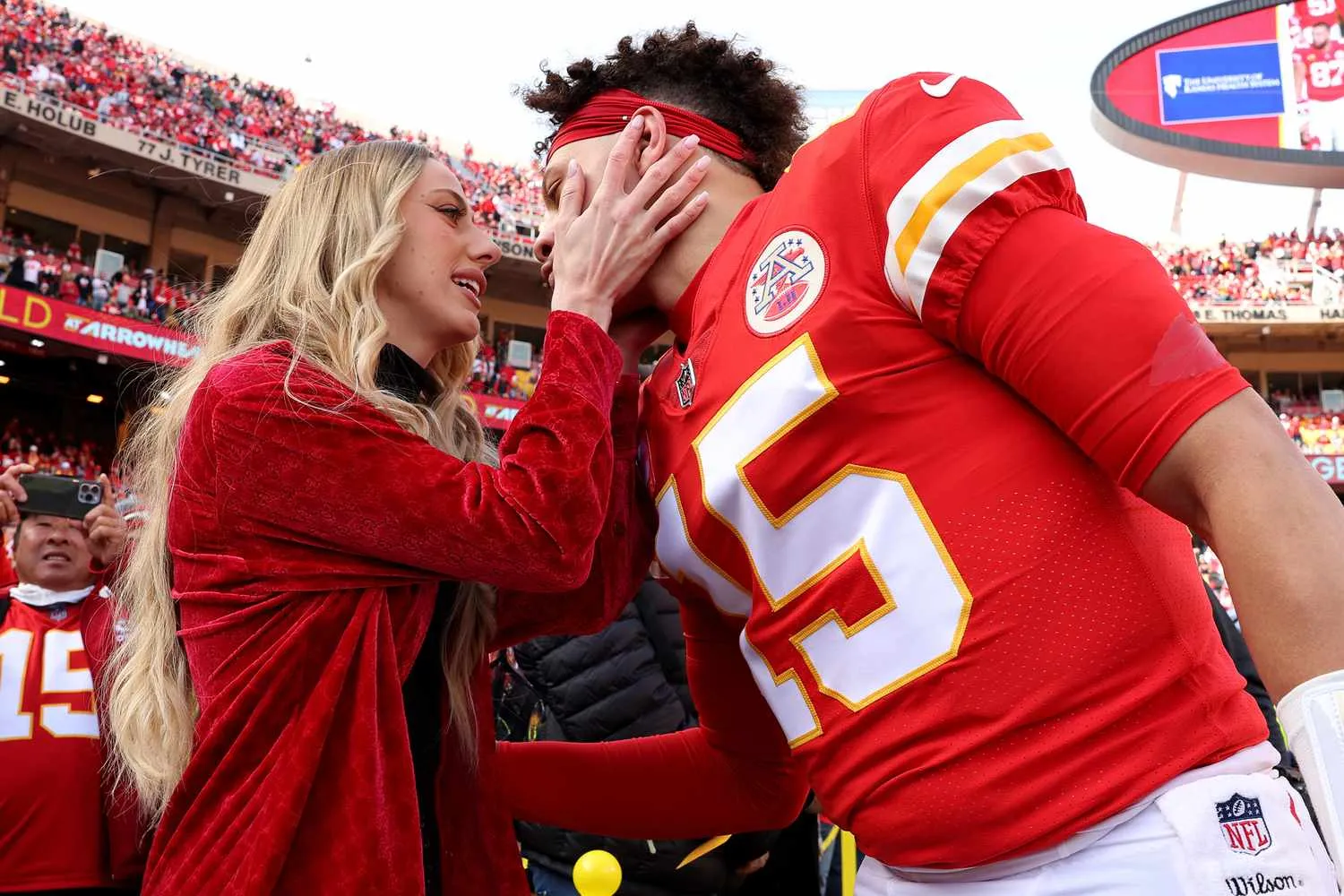The Cubs missed the postseason for the fourth consecutive season. Chicago finished 83-79 for a second straight year. That’s a frustrating outcome in a down NL Central — especially since Chicago added around $30MM to its Opening Day payroll relative to 2023, per Cot’s Baseball Contracts.
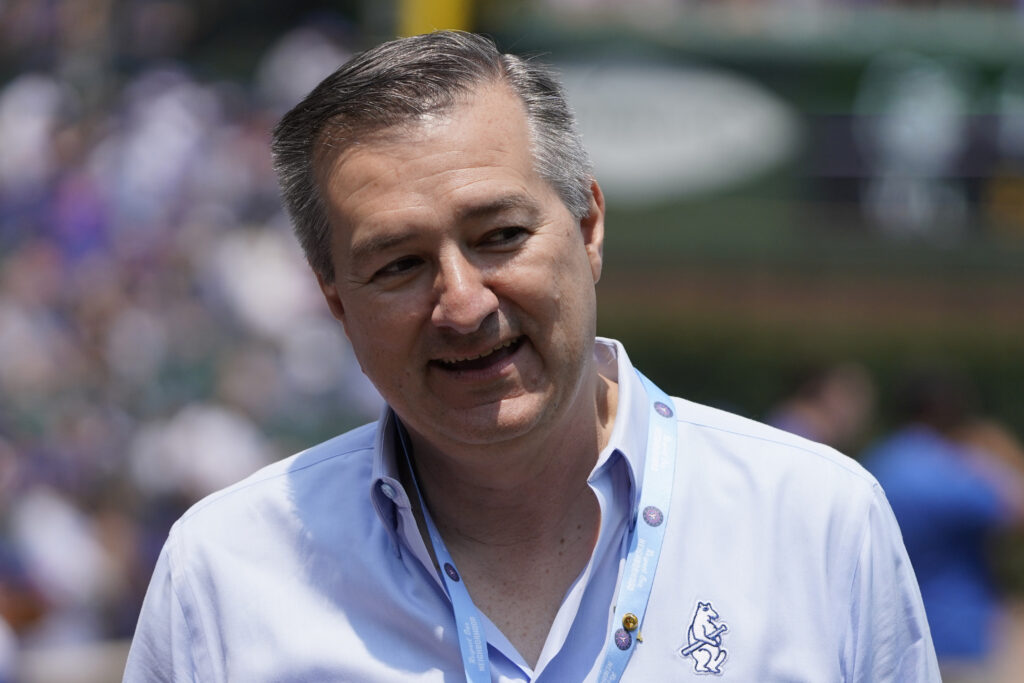
Owner Tom Ricketts spoke with Meghan Montemurro of the Chicago Tribune about the team’s payroll outlook. Ricketts confirmed that the Cubs narrowly exceeded the $237MM base competitive balance tax threshold — as president of baseball operations Jed Hoyer suggested they would in August. Like most owners, Ricketts didn’t provide a clear answer as to whether he’d be willing to pay the tax for a second straight year.
“The penalties on CBT, they grow over time and so you want to be careful when you do it,” Ricketts said. “And so if there’s ever some point in the future where there’s a large financial commitment you want to make midseason, you have to be thoughtful about it.” Ricketts is referencing the escalating penalties for teams that pay the tax in consecutive seasons. The Cubs stayed below the CBT threshold in 2023, so they’re first-time payors this year. That’ll subject them to a 20% tax on their first $20MM in overages. Cot’s estimates that they were only about $300K over the line, so the actual tax payment (roughly $55K) is more or less a rounding error for an MLB team.
Paying at all means the Cubs would be taxed at a 30% rate for their first $20MM in overages if they surpass the threshold next season. That jumps to 42% for the next $20MM and comes with higher penalties (75% and 90%) for the respective $20MM after that. The penalties would increase if the Cubs paid the tax for a third straight year.
The CBT also includes higher penalties for teams that lose or add a free agent who declined a qualifying offer. The Cubs don’t have any impending free agents who’ll get a QO. If they signed a qualified free agent, they’d forfeit their second- and fifth-highest selections in the 2025 draft and $1MM in international bonus pool space.
Next year’s base threshold climbs to $241MM. Cot’s projects the Cubs around $150MM in CBT obligations. That assumes Cody Bellinger will not opt out of the final two seasons on his contract but does not include arbitration projections. MLBTR contributor Matt Swartz projects the entire arbitration class to cost around $33MM if they were all tendered contracts. Moving on from some or all of Patrick Wisdom, Yency Almonte, Christian Bethancourt, Julian Merryweather, Nick Madrigal, Trey Wingenter, Jimmy Herget and Colten Brewer could knock that down to the $20MM range.
That’d leave approximately $70MM before the lowest threshold, so there’s a lot of payroll room before the tax becomes a concern. Ricketts’ note about the potential for midseason acquisitions could point to a preference to stay below the tax line during the offseason. A team’s CBT number isn’t calculated until the end of the season. Salary acquired in midseason pickups counts on a prorated basis in the calculation.
Allocating those resources will be at Hoyer’s discretion. The front office leader is entering the final season of the five-year extension that he signed in 2020. Chicago is still seeking its first playoff appearance since Theo Epstein turned the reins to Hoyer after the ’20 season.
It’s relatively common for teams to sign executives and coaches to extensions before the final year of their deal, thereby preventing from operating in a lame duck situation. Ricketts sidestepped a question regarding a potential Hoyer extension. “He’s under contract, that’s the way I see it,” the owner told Montemurro. “I think he’s motivated. … I think Jed’s going to have a great offseason and put us back in the playoffs next year.”
View Comments (23)
